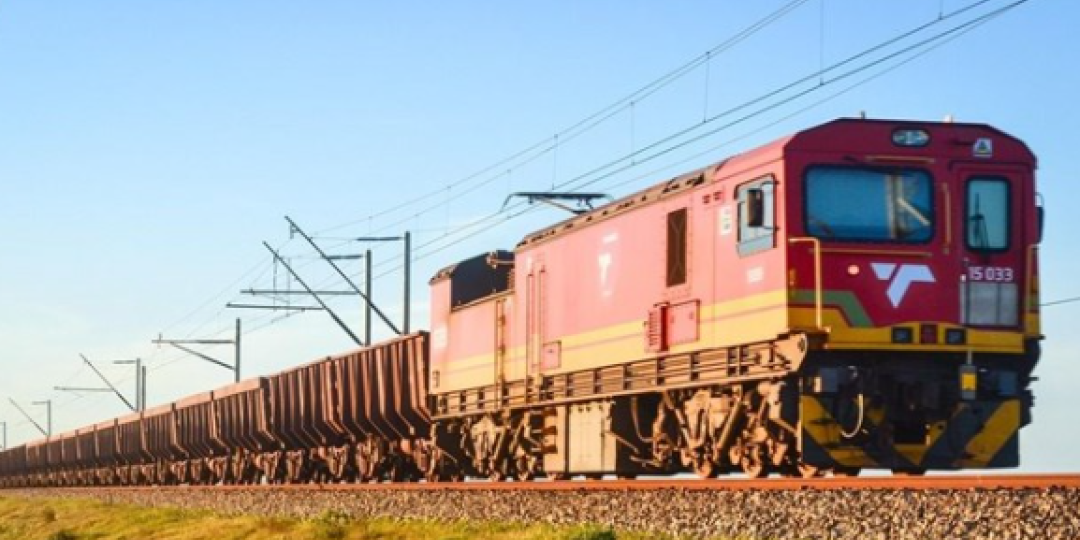The heavy-haul corridor that is most in need of slot capacity privatisation as part of Transnet Freight Rail’s (TFR) efforts to improve its network through third-party investment will initially be omitted from the parastatal’s open access initiative.
This has emerged after Moshe Motlohi, CEO of Transnet Rail Infrastructure Manager (Trim), said that the pit-to-port line from Mpumalanga’s coal basin near Ermelo to the Port of Richards Bay would not be available to 3rd party access in the short term.
He said the reason was that capacity constraints on what is known as the North Corridor (NC) precluded TFR from entertaining open-access involvement at this stage.
The NC is TFR’s most criminally impacted line, having recorded 1 334 incidents of infrastructural theft and vandalism incidents in 2024.
As a result of frequent interference on the line, referred to by some rail freight specialists in the industry as pernicious disruption, signalling on the corridor as well as cellular connectivity is often severely compromised.
In Trim’s Network Statement, made public in December, a figure of R3.1 billion is touted for necessary preventative and asset restoration measures on the NC.
Apart from excluding the NC from its open access process, for which Phase 1 applications can be submitted until February 7, TFR has five other corridors that would allow for limited 3rd party operations initially, with an annual capacity of 2.1 million tonnes.
Prospective open-access participants can apply for involvement in a weekly 104-wagon manganese train operating on the Cape Corridor from Hotazel to Gqeberha and a weekly 348-wagon iron-ore train running on the Ore Corridor from Sishen to Saldanha.
Additionally, there are two weekly 50-wagon container slots available on the Central Corridor, one from Capital Park to Kingsrest and the other from City Deep/Kaserne to Kingsrest.
On the North-East Corridor, participants can access two weekly 80-wagon train slots for magnetite, one travelling from Phalaborwa to Richards Bay and another from Phalaborwa to Maputo.
Also available is a weekly 50-wagon train carrying chrome on the North Corridor, operating from Pendoring to Richards Bay.
Motlohi indicated that Transnet planned to announce additional rail lines for private-sector use by the end of January. He noted that interested parties could reach out if they believed a particular corridor had been overlooked.
Motlohi affirmed Trim’s commitment to adhering to its 60-day adjudication timeline for processing applications. He expressed optimism that the initiative would attract a mix of operators to serve South Africa’s logistics needs.
The programme is also expected to benefit from a revised tariff structure, which addresses earlier concerns about high rates.
Trim’s new differentiated tariff regime considers factors such as gross tonne-kilometres and exempts diesel operators from electricity costs, a feature Motlohi highlighted as advantageous for potential bidders.













